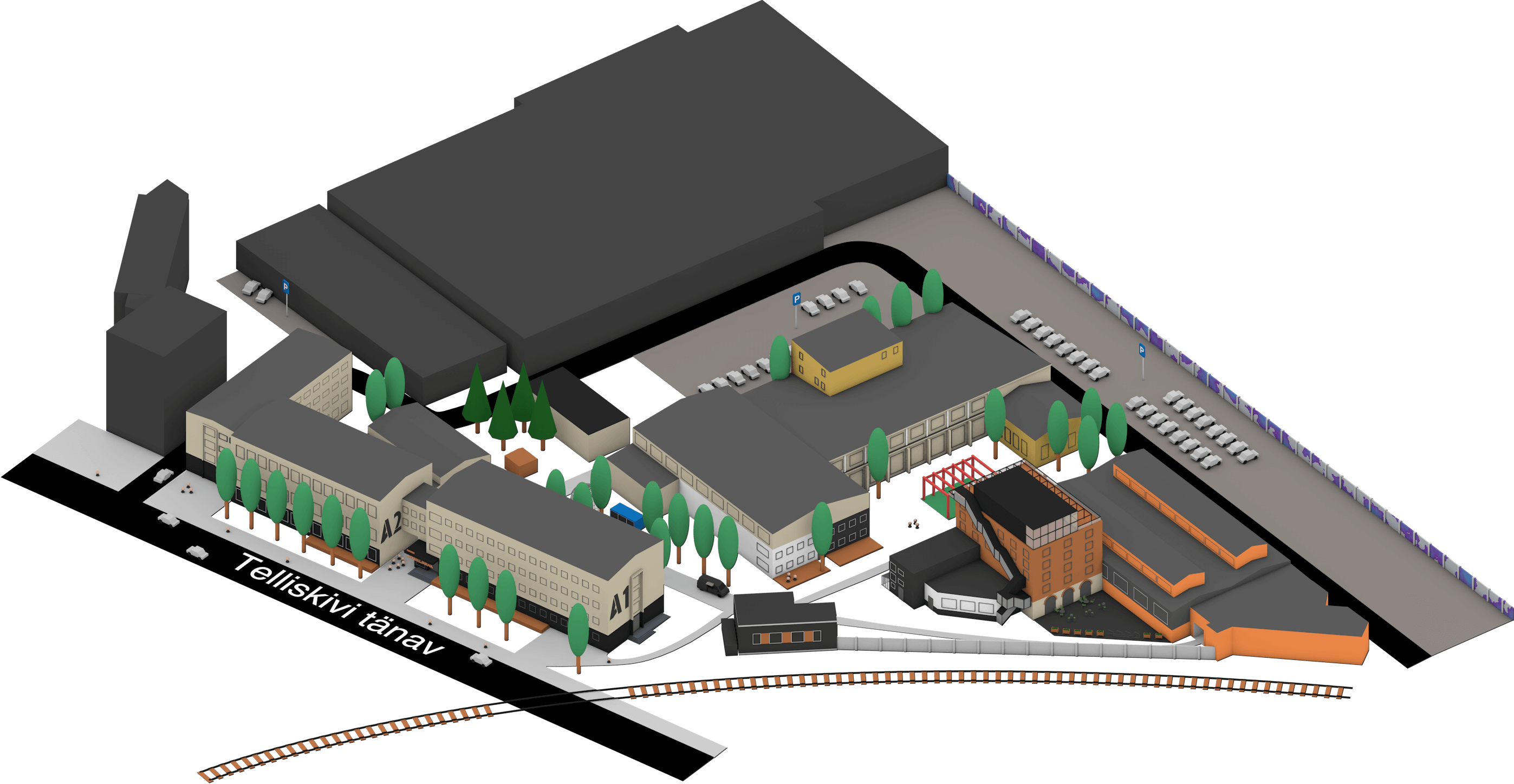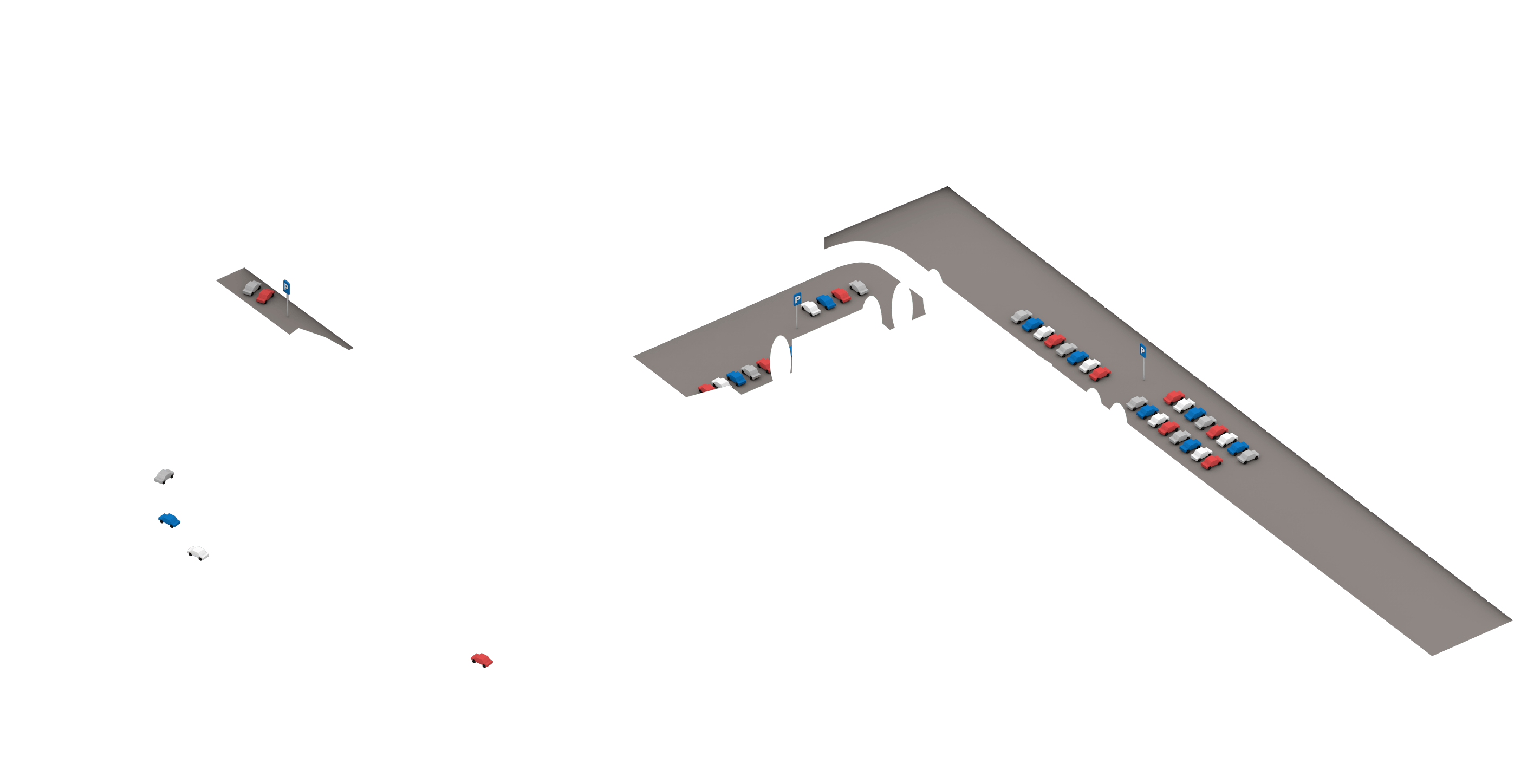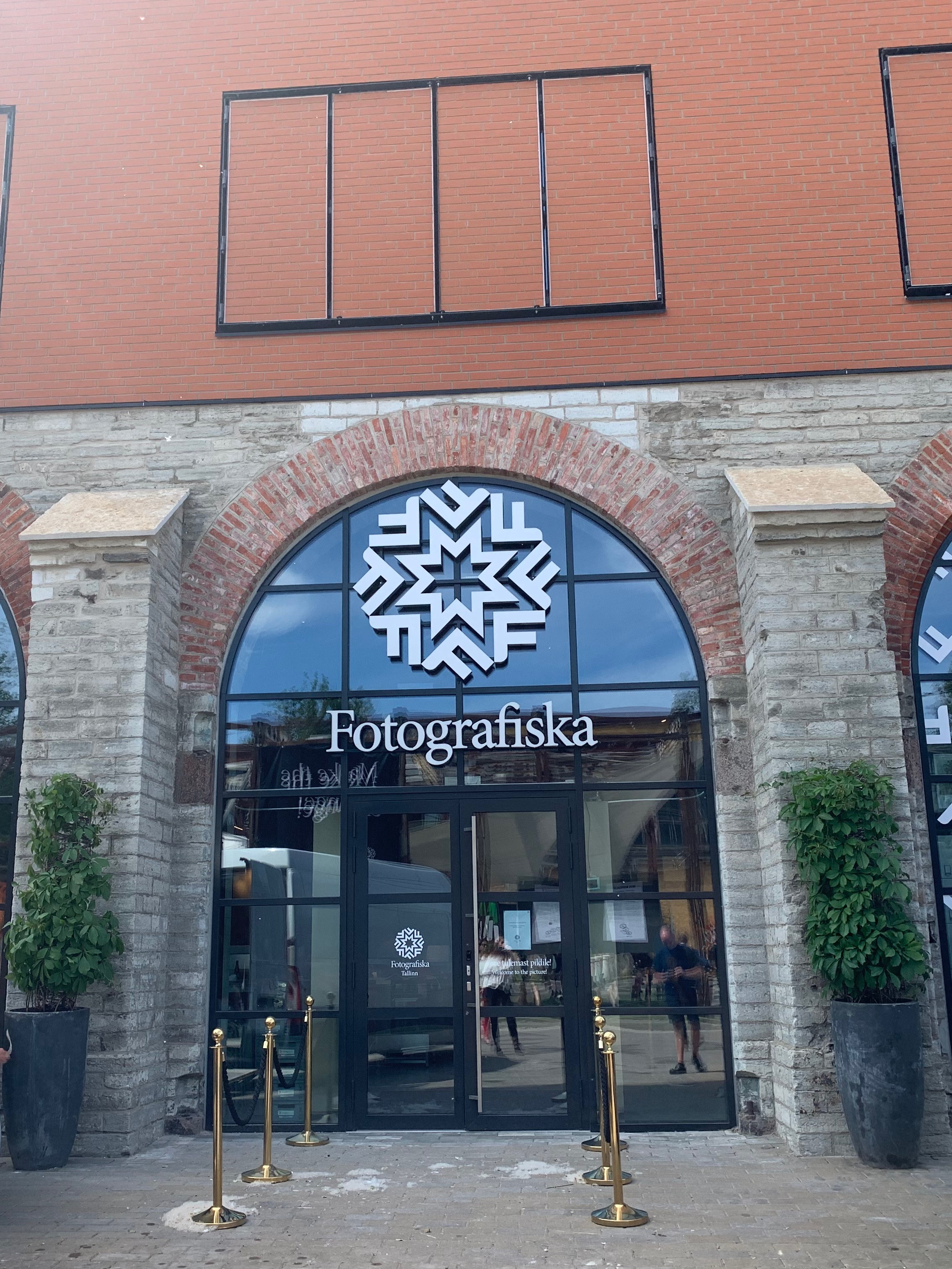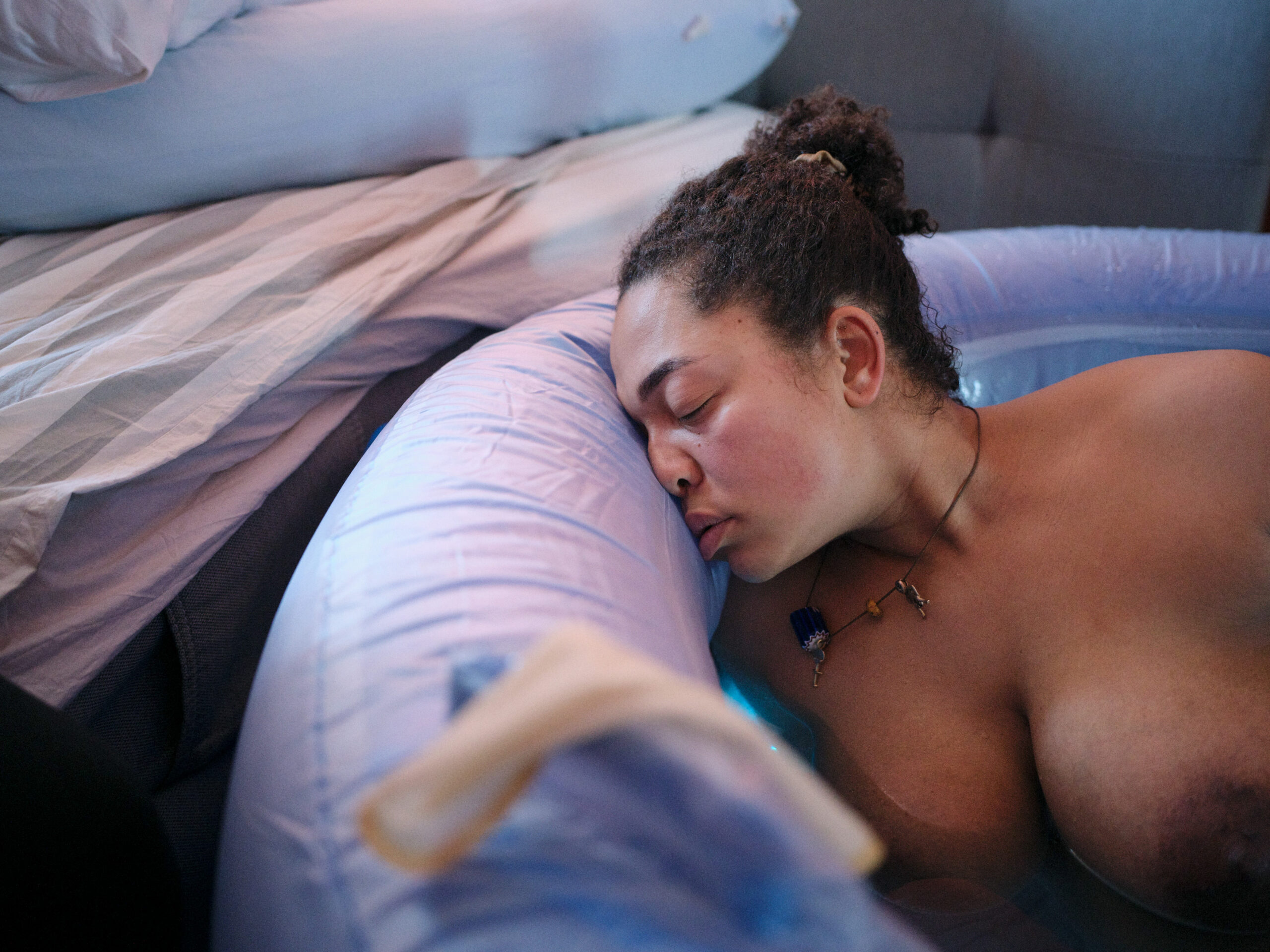By one of the most legendary Swedish photographers Anders Petersen exhibition “Color Lehmitz” is intimate and honest series of photographs from the 1960s put Petersen on the map among Europe’s most recognised photographers.
Café Lehmitz was located in the same street with several dozens of brothels open around the clock in a place that never slept. This area was a meeting point, where many different fates congregated: sailors, dock workers, neighbourhood residents, prostitutes, young drifters, or aging people trying to hold on to some kind of vigour. This was a place, where everyone, regardless of their life choices or background, could feel they belonged. The 23-year-old Petersen was welcomed with open arms.
The photographs displayed at “Color Lehmitz” were taken in the port area of Hamburg in the end of the 1960s. In a place where the 23-year-old future photographer found the kind of “authentic” atmosphere he had yearned for. Café Lehmitz was located in the same street with several dozens of brothels open around the clock in a place that never slept. This area was a meeting point, where many different fates congregated: sailors, dock workers, neighbourhood residents, prostitutes, young drifters, or aging people trying to hold on to some kind of vigour. This was a place, where everyone, regardless of their life choices or background, could feel they belonged. The 23-year-old Petersen was welcomed with open arms.
In addition to photographs, contact sheets are exhibited as well, showing the colourful behind-the-scenes and creative contemplations of a young Anders. World-famous photo-book about the Cafe Lehmitz published in 1978 gave space to some of society’s most vulnerable, portrayed with tenderness, belonging, and stringency. This is what made these portraits both universal and timeless.
The camera lens makes Anders Petersen’s gaze visible. He looks at people with a sensitive curiosity and with his camera captures fleeting moments that serve as proof that we are all connected to one another. The moments he has captured show a connection between people, a bond between us humans that we might not be able to explain scientifically, but we can all sense it, and recognize when someone manages to capture it on film.” For me, it was never actually about being a photographer, it was always about the human connection. The camera is just my tool,” discusses Petersen his philosophy of photographing.
From that point of view, the legendary photo series Café Lehmitz, exhibited at Fotografiska Tallinn as “Color Lehmitz”, is as relevant today as when the pictures were taken during the late 1960s.




































































